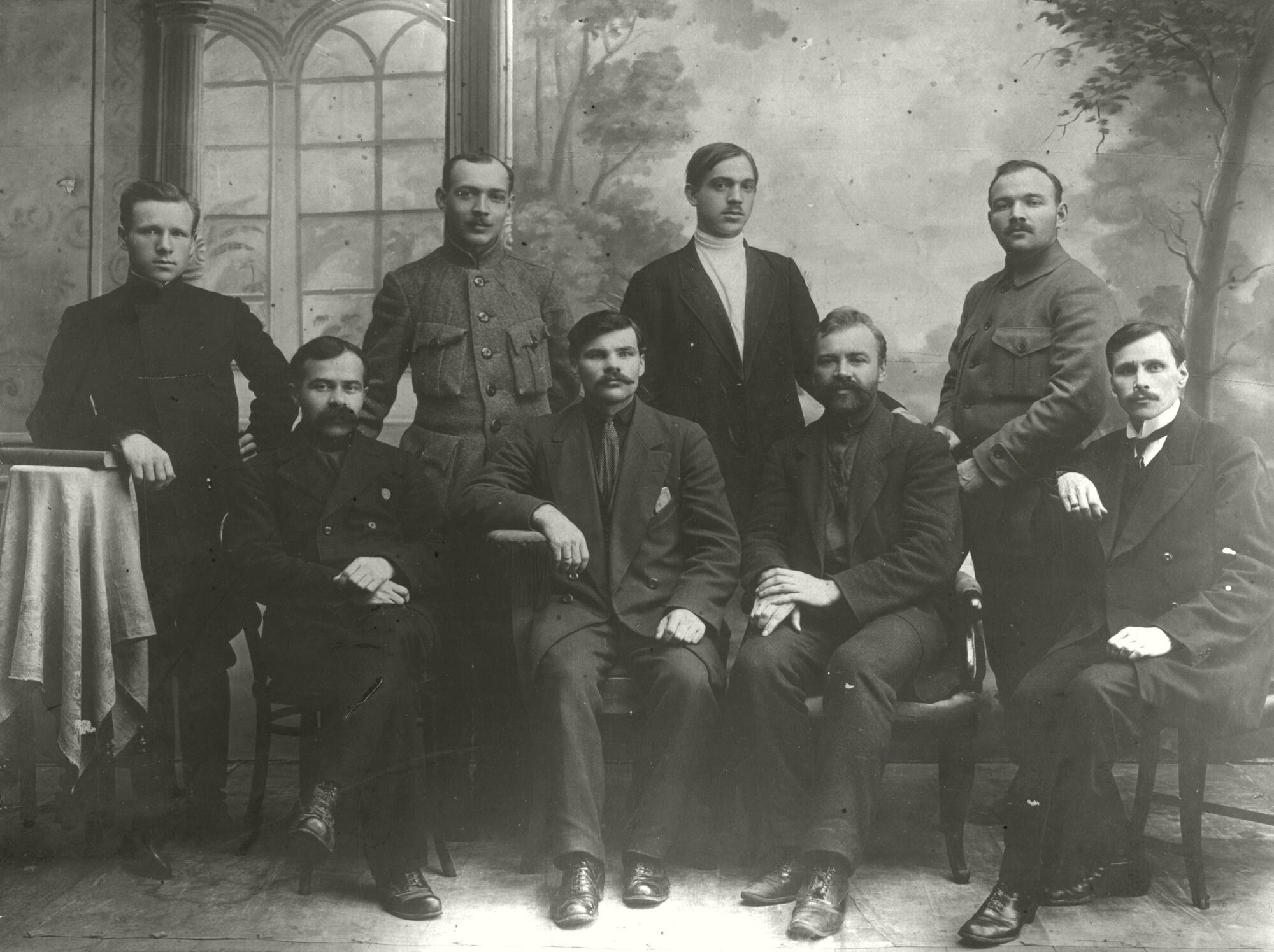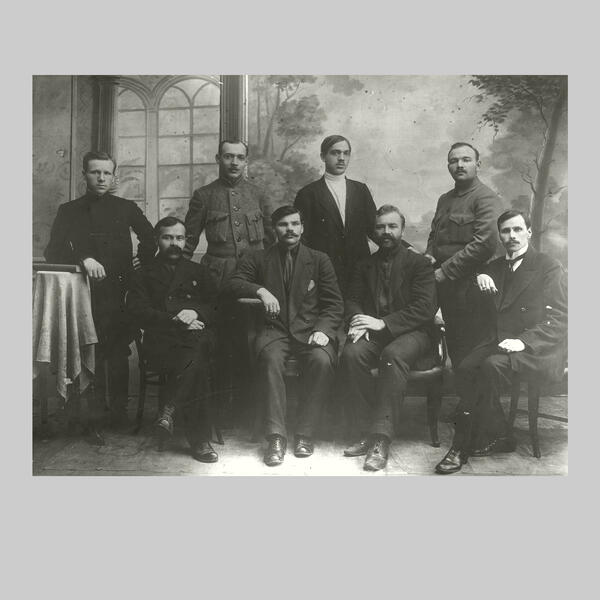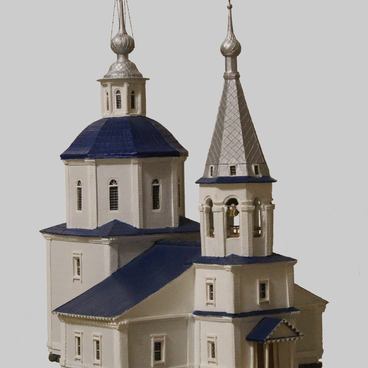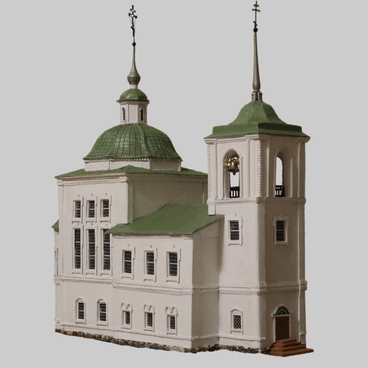At the end of November 1917, in Belozersk County, the Military Revolutionary Committee sent a worker Gavril VAsinov to establish Soviet power on the local level. Gavril VAsinov was a member of the Petrograd Council of Workers' and Soldiers' Deputies, and in Belozersk County he was to organize land and other committees ‘for the implementation of the decrees and resolutions of the Council of Workers' and Soldiers' Deputies with the right to settle any kind of misunderstandings on the land issue’.
At the meeting of the county council held on 28 November 1917, it was decided to transfer power to the Councils of Peasant, Workers' and Soldiers' Deputies. The Revolutionary Committee and the garrison (during the First World War troops were stationed in Belozersk to protect the Mariinsky Water System) undertook to convene the 1st Belozersky County Congress of Workers', Peasants' and Soldiers' Deputies' Councils. The Revolutionary Committee requested 2,000 rubles for the deputies of the Congress to pay for lunch, sleep and food for horses, but was refused. The deputies took up residence with acquaintances and relatives and were provided fare at the garrison kitchen.
The Congress, which took place on December 7, saw elections to the executive bodies. The County Executive Committee was established. Gavril VAsinov was a member of the committee, first as County Commissioner of Internal Affairs, then as Chairman of the committee. A detachment of the Red Guard was organized to protect order, with NikolAy VelikosEltsev as its chief. The Executive Committee worked to transfer land to peasants, sent people to logging, called for joining the Red Army. Weapons and equipment for printing were brought there from PetrogrAd. The printing house was operational at the end of January 1918. In February, the first issues of a local newspaper called ‘News’ were published here. Also in February, a military commissariat headed by Alexander Golubev and V.Starorushky was established, while a garrison club was opened.
The Second Belozersky County Congress of the Councils of Workers, Peasants and Soldiers' Deputies was held on March 10-12, 1918, at which Nikolay VelikosEltsev was elected chairman.
An old-time photograph from the collection of the Belozersky Regional Museum shows Gavril VAsinov and his colleagues.
At the meeting of the county council held on 28 November 1917, it was decided to transfer power to the Councils of Peasant, Workers' and Soldiers' Deputies. The Revolutionary Committee and the garrison (during the First World War troops were stationed in Belozersk to protect the Mariinsky Water System) undertook to convene the 1st Belozersky County Congress of Workers', Peasants' and Soldiers' Deputies' Councils. The Revolutionary Committee requested 2,000 rubles for the deputies of the Congress to pay for lunch, sleep and food for horses, but was refused. The deputies took up residence with acquaintances and relatives and were provided fare at the garrison kitchen.
The Congress, which took place on December 7, saw elections to the executive bodies. The County Executive Committee was established. Gavril VAsinov was a member of the committee, first as County Commissioner of Internal Affairs, then as Chairman of the committee. A detachment of the Red Guard was organized to protect order, with NikolAy VelikosEltsev as its chief. The Executive Committee worked to transfer land to peasants, sent people to logging, called for joining the Red Army. Weapons and equipment for printing were brought there from PetrogrAd. The printing house was operational at the end of January 1918. In February, the first issues of a local newspaper called ‘News’ were published here. Also in February, a military commissariat headed by Alexander Golubev and V.Starorushky was established, while a garrison club was opened.
The Second Belozersky County Congress of the Councils of Workers, Peasants and Soldiers' Deputies was held on March 10-12, 1918, at which Nikolay VelikosEltsev was elected chairman.
An old-time photograph from the collection of the Belozersky Regional Museum shows Gavril VAsinov and his colleagues.



